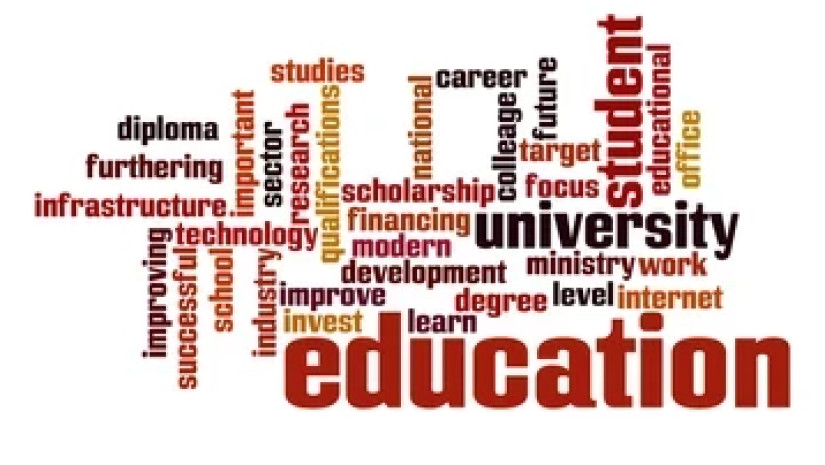Georgia's education sector revenues grew at an 18.7% CAGR over 2021-23, marking a significant acceleration from the 10.7% CAGR over 2013-21. This growth was driven by increased government spending, the influx of foreign students, rise in tuition fees and growing enrollments in private schools. While the government remains the main source of revenue for the sector, the private sector is rapidly gaining traction. In 2023, private sector revenue increased by 25.5% y/y, reaching GEL 958.2mn.
General education sector revenue was up 15.5% y/y to GEL 1.5bn in 2023, primarily driven by the increased government spending, while private sector revenue also posted growth. Growth in private sector revenue was fueled by both higher enrolments and increased tuition fees. Looking ahead, enrollment in private schools is expected to continue rising, reaching c.73.1k pupils by the 2028/29 academic year, up from the current 66.5k. This growth is anticipated despite an overall decline in the school-age population attributed to decreasing fertility rates. Private schools in Tbilisi are anticipated to relocate to suburban areas, driven by urban land constraints and the migration of high-income residents to the outskirts. Meanwhile salaries, a major cost component for the general education sector, are anticipated to increase driven by the spillover effect from planned government salary increases for public sector teachers. This will probably impact the profitability of private schools.
Higher education sector revenue was up 19.6% y/y to GEL 1.1bn in 2023. Revenue growth stemmed from the increased tuition fees, rising intake of the old age groups and increasing number of foreign students, particularly from India. Georgia's attractiveness to foreign students is bolstered by affordable tuition and living costs, improved air connectivity with India and the Middle East. Looking forward, Georgia is poised to sustain growth in foreign student enrollment, potentially hosting c.48,000 foreign students in 2028, contributing an estimated US$ 500mn to the economy. However, the shortage of English-speaking lecturers can impact the sector's capacity to meet the demand from foreign students in English-medium programs.


















